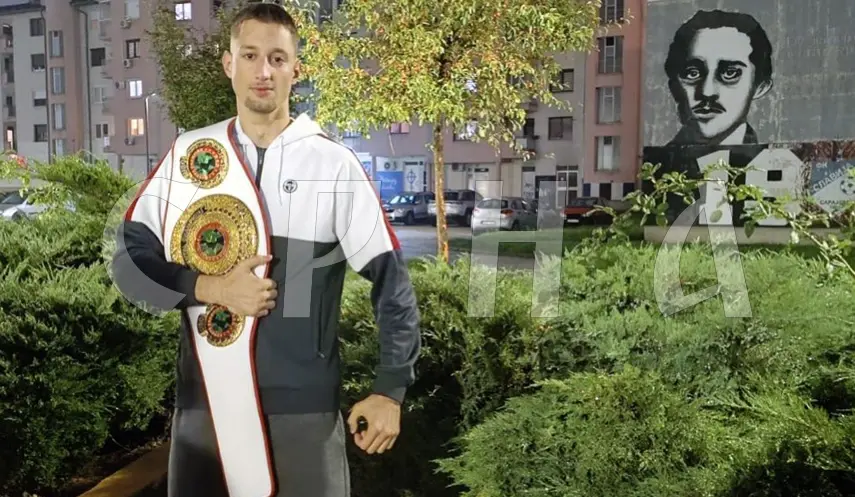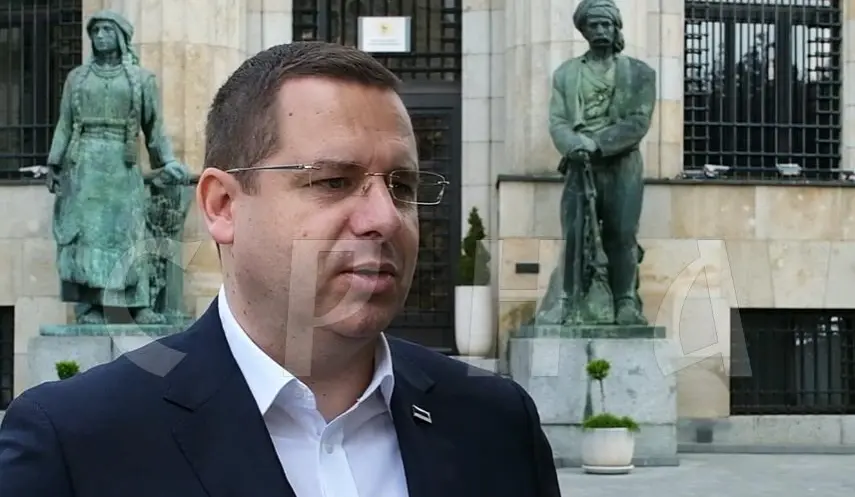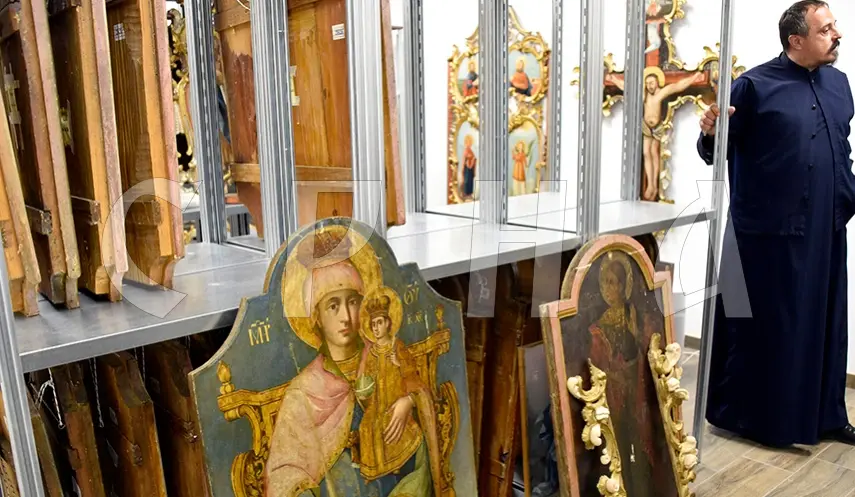YET ANOTHER EXAMPLE OF AN UNJUST AND NONSENSICAL BiH
BiH - Dobrovoljačka case - Mazalica - Court - High Judicial
04/29/2025
11:40

BANJA LUKA, April 29 /SRNA/ – The crime in Sarajevo's Dobrovoljačka Street, where 28 members of the JNA were killed 33 years ago, is among many examples of an unjust and absurd BiH, but certainly the most striking considering the way the conflict erupted, the judiciary's reaction to a clear and easily provable crime and the dismissive, even obstructive attitude of the so-called international community, said Srđan Mazalica, head of the SNSD club in the National Assembly of Republika Srpska.
"This case illustrates just how dysfunctional BiH is - not only because of the inability to reach agreements with Bosniak political leaders, but also due to the failure to honor those agreements. We still witness this today in political processes and events. In the case of Dobrovoljačka, the result was the death of at least 28 innocent young JNA soldiers," Mazalica emphasized.
He stressed that it is incredible this case has never reached a legal conclusion, especially given that Bosniak political leaders, led by Ejup Ganić, blatantly violated the agreement for a peaceful withdrawal of JNA personnel, who did not even pose a military threat.
"They brutally executed innocent young men out of sheer spite and hatred, and thus, along with the killing of a Serbian wedding guest in Baščaršija and other crimes, contributed to the outbreak of civil war in BiH," Mazalica said.
He reminded that although the Public Security Center of East Sarajevo filed criminal charges against 15 individuals as early as 2005—whose guilt is reportedly very easy to prove—the investigation initiated by the BiH Prosecutor's Office in 2007 was halted by international prosecutor Jude Romano in 2012.
"Through numerous examples of an unjust and dysfunctional judiciary—operating on the principle of `the judge is also the prosecutor,` and completely anesthetized when a case doesn't fit the narrative of Bosniak innocence and victimhood at the hands of the so-called Serb aggressor - we can confirm that our position of rejecting judicial institutions such as the crippled Constitutional Court and the unconstitutional Court, Prosecutor's Office, and High Judicial and Prosecutorial Council of BiH in the territory of Republika Srpska is the most correct and necessary path for our political survival, even bare survival, in BiH," Mazalica assessed.
He added that the halting of the investigation by prosecutor Romano, and the refusal of an Austrian court to extradite Jovan Divjak to Serbia in 2011, are yet further examples of the hypocrisy of the so-called international community, which, because of such double standards, has no right to criticize the recent decisions of the National Assembly of Republika Srpska - especially since the judiciary at the BiH level has long deserved to be abolished.
"A red line was crossed when the institutions of Srpska were directly undermined - when its president was prosecuted for carrying out his constitutional powers based on so-called laws of the so-called High Representative. That is a direct attack on the constitutional order," Mazalica stated.
He concluded that the Bosniak responsibility for the outbreak of the conflict, the failure to prosecute those clearly and easily proven guilty of crimes, and the hypocrisy of foreigners and the collective West, are all things Srpska is used to and knows well - but in the case of the Dobrovoljačka crime, they are all embodied in a single event.
According to the Republika Srpska Center for War Research, War Crimes and Missing Persons, at least 28 members of the JNA were killed on May 2 and 3, 1992, in Dobrovoljačka Street in Sarajevo.
The "Dobrovoljačka case," as the crime by paramilitary Muslim formations and radical Islamists against JNA members in May 1992 is colloquially known, remains largely unknown to the public even after 33 years and has yet to be resolved in court.

RECEPTION HELD FOR NEW EUROPEAN BOXING CHAMPION IN UBO VERSION

KOVAČEVIĆ: SDS AND OPPOSITION WEREN'T LOOKING FOR PRESIDENTIAL CANDIDATE, BUT FOR SOMEONE WILLING TO LOSE ELECTIONS

BISHOP JOVAN: BISHOP'S PALACE IN PAKRAC HAS RICH CULTURAL LIFE



